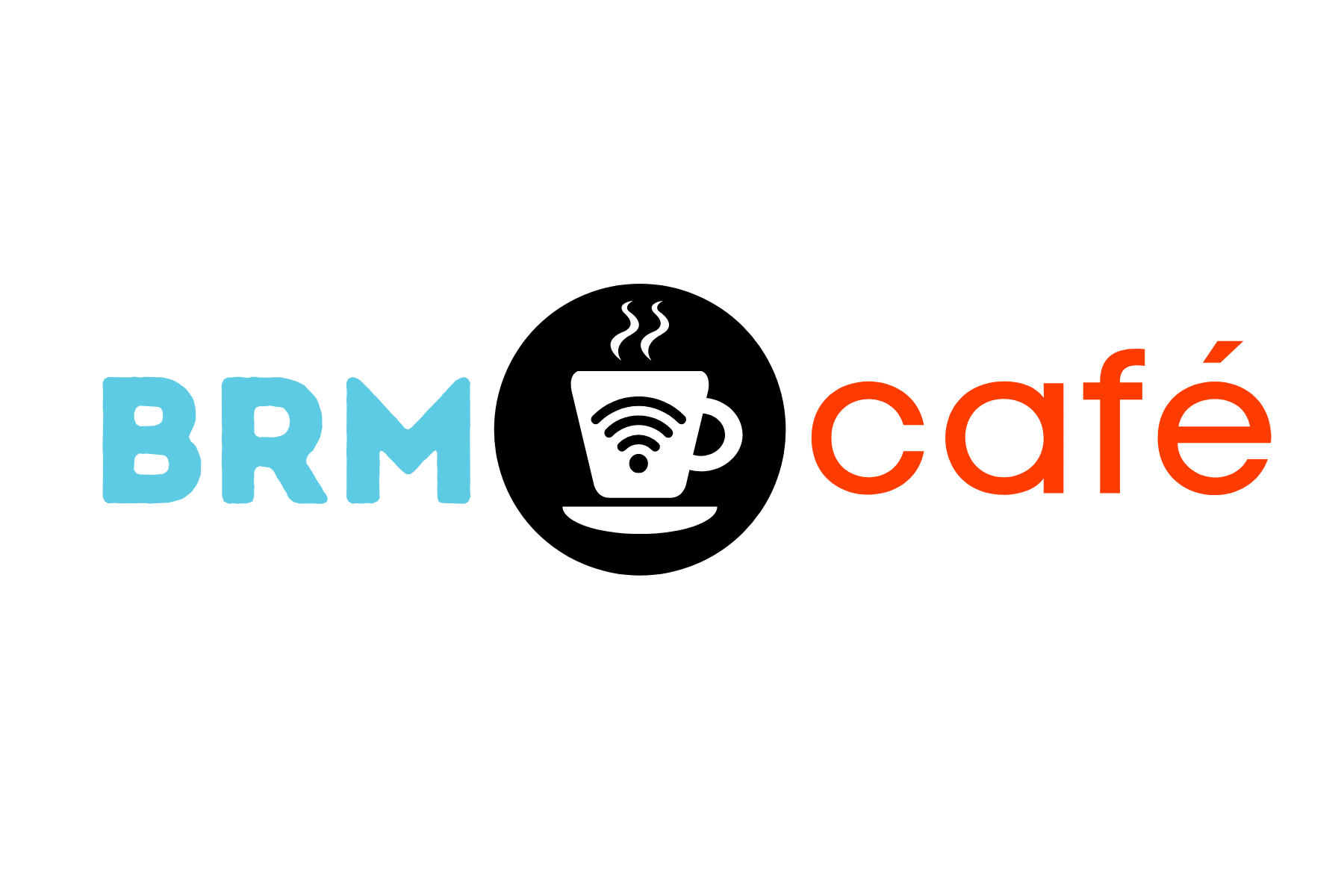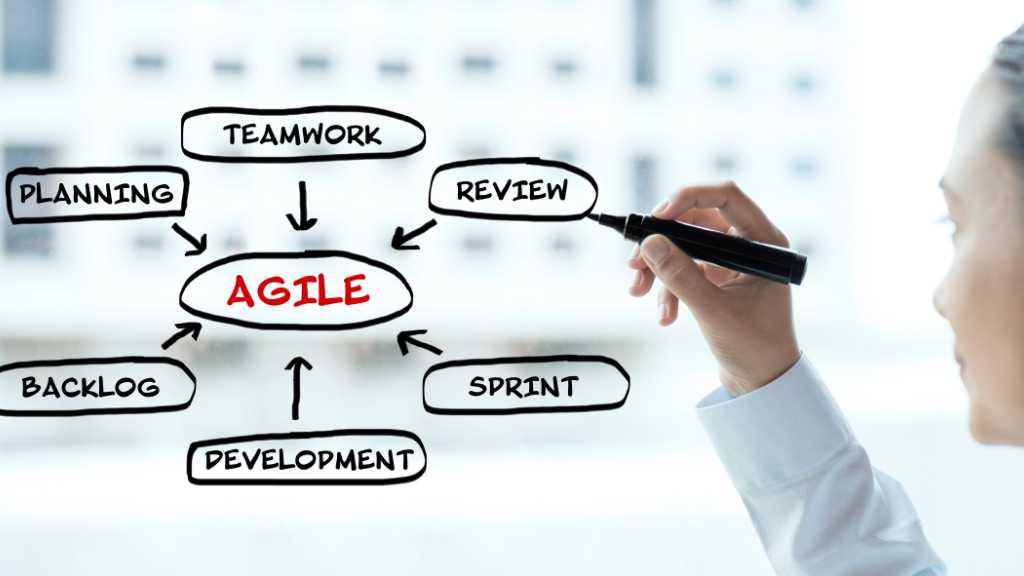Collaboration isn’t just a buzzword—it’s an essential ingredient for success. However, as many professionals have experienced, the path to effective collaboration is often fraught with challenges. The most pervasive problem? Rigid structures and inflexible approaches that stifle creativity and hinder responsiveness.Imagine being part of a team where bureaucratic processes bog down every decision, where change is met with resistance, and where the “we’ve always done it this way” mentality prevails. It’s frustrating, isn’t it? This rigidity can lead to missed opportunities, decreased motivation, and stagnation. The emotional toll is significant, with team members feeling undervalued, unheard, and ultimately, disengaged. In a world that demands quick adaptation and innovation, such an environment is not just detrimental; it’s unsustainable.So, what do professionals yearn for in the face of these challenges? They seek the freedom to adapt, the space to innovate, and the agility to respond swiftly to new opportunities or threats. In essence, they desire a collaborative framework that is as dynamic and fluid as the market landscape itself.
How Can BRM Unlock the Core of Effective Collaboration?
How can organizations embody the BRM principles in their collaborative efforts?
1. Foster a Culture of Openness and Adaptability – Encourage an environment where ideas flow freely, and change is welcomed rather than feared by breaking down hierarchical barriers and creating a flat organizational structure where everyone’s input is valued. In such a culture, relationships and partnerships thrive on trust and mutual respect, which are essential for collaborative innovation and problem-solving.
2. Implement Agile Methodologies – Borrowing from the tech world, adapt agile methodologies to various business units to enhance responsiveness and foster continuous improvement. Short sprints, regular feedback loops, and a focus on deliverables can lead to more efficient and adaptable management. Agile practices inherently promote closer relationships and partnerships by encouraging constant communication and collaboration among team members.
3. Prioritize Effective Communication – Clear, transparent, and timely communication is the cornerstone of flexible collaboration. Utilize digital tools and platforms to ensure that information is accessible to everyone, anytime and anywhere, thereby facilitating quick decision-making and adjustments. Effective communication nurtures strong relationships by guaranteeing all partners are aligned and informed, building a solid foundation for successful collaboration.
4. Develop Resilient Relationships – Through BRM, build strong, resilient relationships within and outside the organization by understanding the needs and goals of your collaborators and finding synergies that can lead to innovative solutions. Strong relationships and partnerships are crucial because they provide the stability and trust needed to navigate the uncertainties and challenges of the business world together.
5. Embrace a Learning Mindset – Every setback is viewed as a learning opportunity in a flexible and agile collaborative environment. Encourage a culture where feedback is constructive, and failure is not penalized but seen as a step towards growth. A learning mindset enhances relationships by nurturing an atmosphere of support and continuous improvement, where all partners are committed to developing together.
How is Thriving in Complexity a Payoff?
Need Some Leadership Agility Help?
The business world’s constant flux demands a collaborative approach that is as flexible and agile as the surrounding environment. By embedding the principles of business relationship management, organizations can not only navigate the complexities of today’s business challenges but also unlock the full potential of their collaborative efforts. Lead The Pack Consulting provides leadership education, training, and courses with effective leadership in mind. Choose an agile path forward: adapt, innovate, and thrive together.
Leadership Education, Training, Courses, Coaching and Consulting
Lead the Pack Consulting specializes in business relationship management (BRM) leadership development. Our years of experience in Leadership Management Education, Training, Courses, Coaching and Consulting help us support business relationship management teams and provide them with the leadership skills needed to overcome their challenges. We have provided leadership coaching to business relationship managers, leaders, and teams in a variety of organizations and industries. Since 2013, we have been a registered provider of business relationship management certification workshops and coaching.
Our coaches, Elka Schrijver and Peter Lijnse, have both won the prestigious Arnie Award from the Business Relationship Management (BRM) Institute for their work to embody, enhance, and promote business relationship management knowledge throughout the global BRM community. They have been actively involved in the BRM Institute since it was founded in 2013 and have been contributing authors for several components of the BRM Body of Knowledge and certification courses. They are currently writing a series of practical, user-friendly books about mastering business relationship management leadership skills.

